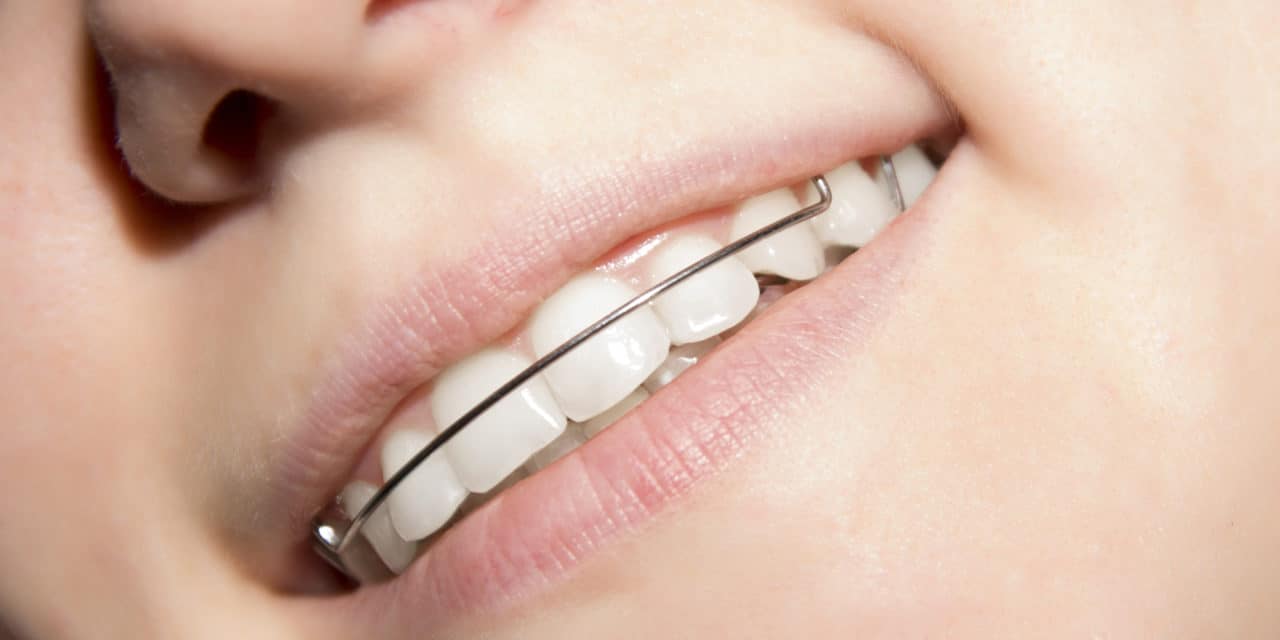THE RISE OF CROOKED TEETH
By Michael W. Herndon DDS.
I ran across an interesting article recently written by a group of children’s dentists regarding the evolution of crooked teeth. It seems that when humans were hunter-gatherers they had straight teeth and when the introduction of cultivated farming came into the equation, teeth started getting crooked! One would think that the British must have started the farming movement, but alas, that is not so. (Unfortunately, in today’s world I should probably point out that this last statement was intended to be funny. Gee, really?)
Hunter-gatherers had almost no malocclusion and dental crowding, and the condition first became common among the world’s earliest farmers some 12,000 years ago in Southwest Asia, according to findings published Feb. 4, 2015 in the journal Plos One.
In their study, they discovered a clear separation between early hunter-gatherers and transitional early farmers dentition. The diet of the hunter-gatherer was based on “hard” foods like wild uncooked vegetables and meat, while the staple diet of the stationary farmer is based on “soft” cooked or processed foods like cereals and legumes.
With soft cooked foods there is less of a requirement for chewing which in turn lessens the size of the jaws but without a corresponding reduction in the dimensions of the teeth, there is no adequate space in the jaws and this often results in malocclusion and dental crowding.
The link between chewing, diet, and related dental wear patterns is well known in the scientific literature. Today, malocclusion and dental crowding affects around one in five people in modern-world populations. The condition has been described as the “malady of civilization”!
And that is where the Orthodontist comes in to play in our modern world. Crooked teeth can have negative influence on every thing from cavities to periodontal disease, headaches to tooth loss, and tooth loss can exacerbate crowding and the cycle goes on and on.
Take care of your “Ivory”! Brush and floss the only set you will ever have. Well, other than dental implants but that is for another story!












